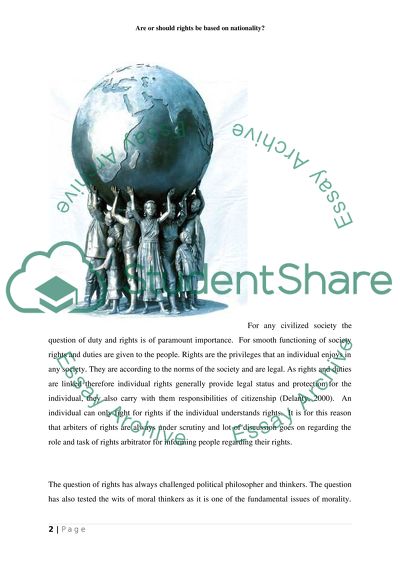Cite this document
(“Are or should rights be based on nationality The Module is [ Essay”, n.d.)
Retrieved from https://studentshare.org/family-consumer-science/1421284-are-or-should-rights-be-based-on-nationality-the
Retrieved from https://studentshare.org/family-consumer-science/1421284-are-or-should-rights-be-based-on-nationality-the
(Are or Should Rights Be Based on Nationality The Module Is [ Essay)
https://studentshare.org/family-consumer-science/1421284-are-or-should-rights-be-based-on-nationality-the.
https://studentshare.org/family-consumer-science/1421284-are-or-should-rights-be-based-on-nationality-the.
“Are or Should Rights Be Based on Nationality The Module Is [ Essay”, n.d. https://studentshare.org/family-consumer-science/1421284-are-or-should-rights-be-based-on-nationality-the.


